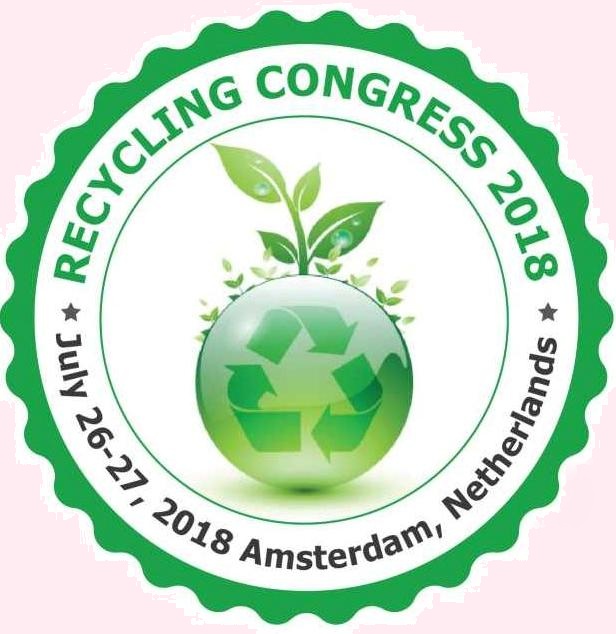
Melita Jazbec
University of Technology Sydney ,Australia
Title: China imposed new contamination thresholds impacting 3.5% recyclables collected in australia not a sword but an opportunity for a national circular economy policy
Biography
Biography: Melita Jazbec
Abstract
The real consequence of the China National Sword policy in Australia started to dawn on government and waste industry at the beginning of this year, showing the actual effect of the policy. Media’s extensive attention focused on reporting about the implications for waste sector ranging from waste stockpiling to the threat of recyclables not being collected. The impact of this act has led to a drop in the international recycling commodity market prices, which undermined the economic viability of the Australian waste industry, demonstrating a vulnerability to external factors. Is this the end of recycling or a timely nudge for Australian governments to develop a national circular economy policy? This work reviews the status of recycling in Australia and explores the range of options/responses to this disruption. We have seen Australian state governments responding with an injection of funding to ease the immediate burden of these restrictions as well expressing an intention to promote new and innovative technologies to process recycling on-shore. However, it is too early to see the uptake and response by industry. The focus is extended beyond waste industry, exploring the broader opportunity for a circular economy model in Australia. The Australian context is unique; abundant material and energy resources, relatively cheap energy and extensive access to landfilling that has enabled the linear economy model, take-use-dispose, to flourish. How does this context impact a circular economy might develop in Australia compared to circular economy progress in Europe?

